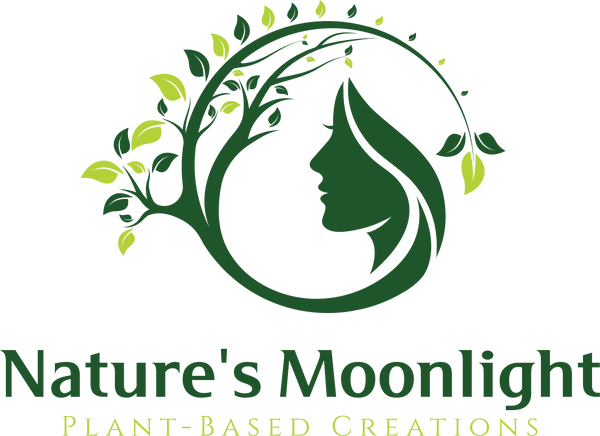Introduction. Soap, a staple in every household and an essential part of our daily hygiene routine, has a rich and fascinating history that dates back thousands of years. From its humble beginnings to the mass-produced bars and liquids we use today, the story of soap making is intertwined with human civilization and cultural practices.
Ancient Origins. The history of soap making can be traced back to ancient civilizations such as the Babylonians, Egyptians and Sumerians, who discovered the cleansing properties of soap around 2800 BC. These early soaps were made by combining animal fats with wood ash or plant ashes, creating a rudimentary but effective cleaning agent. The Babylonians are credited with creating the first known recipe for soap, consisting of water, alkali and cassia oil.
Soap Making in the Roman Empire. During the height of the Roman Empire, soap making became more widespread and sophisticated. Romans are known to have used soap for personal hygiene, as well as for cleaning clothes and even public bathhouses. They improved upon existing soap recipes by adding ingredients like herbs, oils and fragrances, making soap a luxury item enjoyed by the wealthy elite.
Middle Ages and Renaissance. In Europe during the Middle Ages, soap making was largely carried out by monasteries and skilled artisans. The process involved rendering animal fats, mixing them with lye (derived from wood ash) and boiling the mixture to produce soap. By the Renaissance period, soap making had become a thriving industry in cities like Marseille and Venice, where high-quality soaps were exported across Europe.
Industrial Revolution and Modern Soap Making. The industrial Revolution in the 18th and 19th centuries revolutionized the soap making industry, leading to the mass production of soap on a large scale. The invention of chemical processes such as the saponification of fats with alkalis further streamlined production and improved the quality of soap. This era also saw the rise of famous soap brands like Ivory and Pears, which are still popular today.
Today, soap making continues to be a blend of traditional methods and modern technology. Artisanal soap makers craft small batches of soap using natural ingredients and traditional techniques, while large-scale manufacturers produce a wide range of soaps for diverse consumer needs. From bar soap to liquid soap, antibacterial to moisturizing formulas, the world of soap making offers a plethora of options for consumers.
The history of soap making is a testament to human ingenuity and innovation. From its ancient origins to the present day, soap has played a vital role in promoting hygiene, health and well-being. As we lather up with our favorite soaps, let us remember the centuries of knowledge, skill and craftsmanship that have shaped this essential product.

